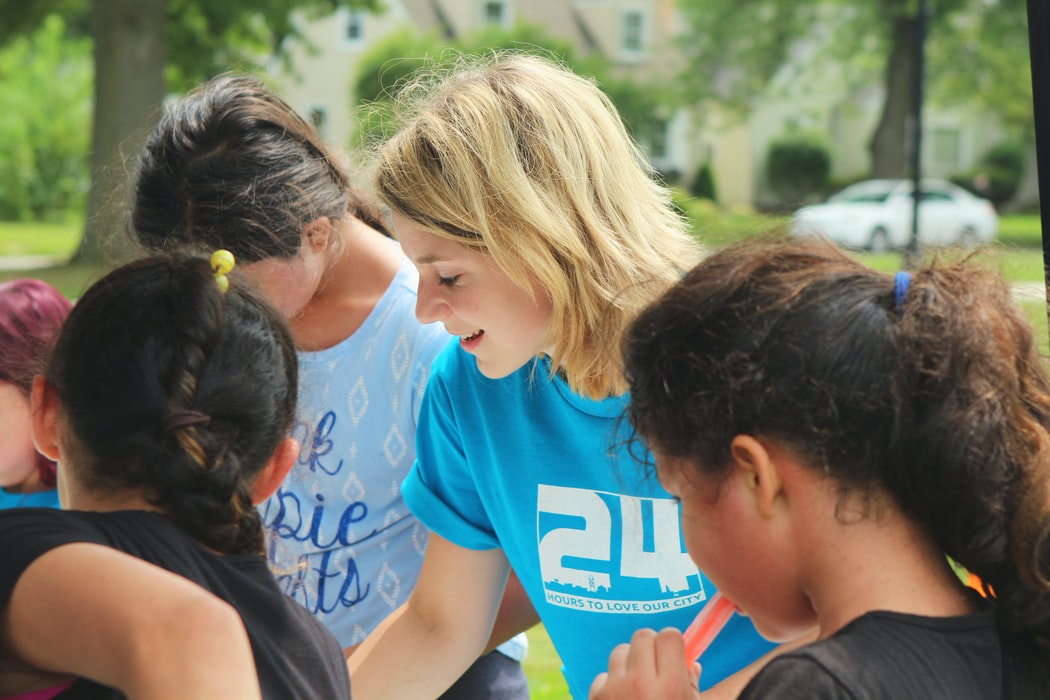Doing good, as we know, is a noble thing for both sides. It is not hard to understand the great benefit your help will bring to an orphanage, boarding school, hospital, or from volunteering in the conduct of a charitable action.
The most amazing thing is that volunteering can give you the strongest impetus in life itself. The payoff from this cause is great and we have some amazing facts!
The majority of people in our country, namely 2/3, according to sociological surveys, are ready to volunteer. However according to sociologists a lot of people do not know what it is. It turns out that the rest of the people may not realize their loss. After all, helping other people not only improves your mood, but can also improve your health.

So, what exactly are the benefits of volunteering?
1. Reducing stress levels. Even the most well-meaning people experience stress in their lives, whether it’s stress at home or at work. Two studies published in 2015 found that helping others can alleviate the impact that daily stress has on your physical health.
2. Reducing the risk of substance abuse. In 2015, the Oxford Handbook of Prosocial Behavior published a literature review showing that teenagers and student volunteers tend to avoid alcohol and drug use. There is also a decreased rate of academic failure.
3. Reduced risk of cardiovascular disease. Volunteering is not a bad way to get out of the house and away from screens for a bit. As a result, it can help with weight loss and lower cholesterol. A 2013 study found that 10th grade American high school students who volunteered lost more weight and improved their blood cholesterol scores compared to their peers.
4. Increased life expectancy. All of the above improvements accumulate as you get older. A 2013 study in the journal Psychology and Aging found that volunteering reduced the risk of mortality among older adults by a quarter, regardless of how healthy the subjects were before the study began.
5. Happiness hormone production. Have you ever experienced the feeling of quiet joy of helping others? Many studies show that volunteers are less prone to depression, have higher levels of self-esteem, and are more functional. In fact, one 2005 study found that volunteers who provided social support to others ended up receiving more than those to whom the help was directed. So what’s going on? In simple terms, when we help others without expecting anything in return, our brains release dopamine, serotonin and other hormones that trigger an internal sense of warmth and joy.

A daily helping hand
By now you probably expect to hear some of the disadvantages of volunteering, too. Alas! As long as your volunteer efforts coincide with a cause that is important to you personally, there are no barriers to helping those around you. Eric S. Kim, a researcher at Harvard’s School of Public Health, believes that research supports the idea that engaging in volunteerism should be prescribed by a physician to all patients as often as the well-known phrase “eat more vegetables and move more.”
Interesting facts about volunteering
- The “trademark” of volunteering is the palm-open, raised hand ✋⠀
- According to studies, there is only one man for every three women volunteers
- 8 out of every 10 volunteers say that it was their deep compassion for the people around them that drove them to this path.
- The majority of the volunteers strive to gain new perspectives on life, work and the people around them through these volunteer programs.
- Norway (57% of the population), Luxembourg (55% of the population), and Cameroon (53%) are considered the world’s leaders in the number of volunteers.
- To date, more than 150 million of the world’s adults have devoted themselves to volunteering